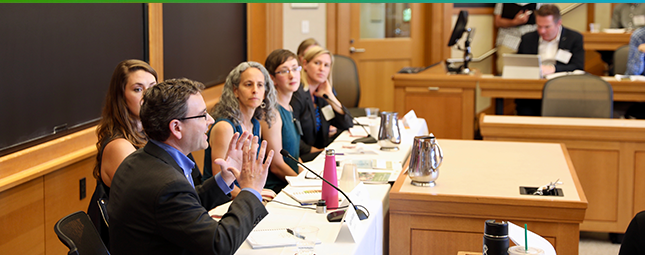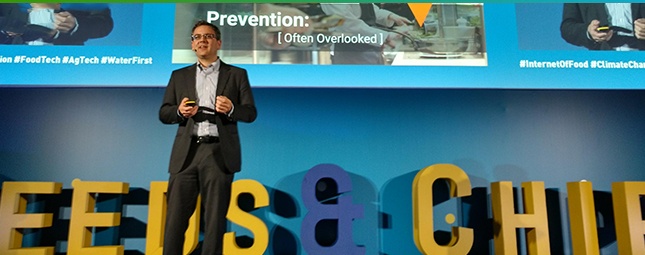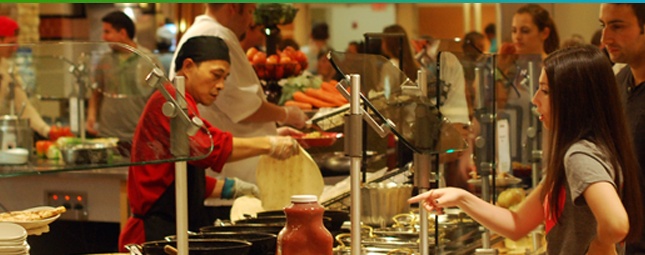Food Waste Intelligence

US Food Waste Summit, panel on Measurement of Food Waste. Panelists from left to right: Andrew Shakman, LeanPath, Inc. | Nell Fry, Sodexo | Kai Robertson, World Resources Institute | Alison Grantham, Blue Apron | Lisa Johnson, North Carolina State University | Jackie Suggitt, ReFED LeanPath recently returned from the US Food Waste Summit in Cambridge, MA, a powerful event led by the Harvard Food Law and Policy Clinic and ReFED which brought together leaders from all over the globe to focus on solutions to the food waste challenge.
Read More >>
We’ve just wrapped up an exciting week in Milano, Italy, where we were fully engaged in one of the most exciting – and important – sustainability conferences, Seeds and Chips. Seeds and Chips is aptly named – a huge gathering where agriculture meets technology and innovation. It is the leading food innovation summit in the world housed in a building (Milano Congresi, or MICO) designed to inspire creative ideas. If you are into the topic of feeding the world, Seeds and Chips is for you.
Read More >>
LeanPath had the pleasure of discussing food waste reduction at MassRecycle’s recent Recycling and Organics conference with a specific focus on source reduction at food service organizations. We partnered with Sean Canny, Boston College Dining Services’ Assistant General Manager, who described BC Dining’s learning journey regarding food waste prevention since partnering with LeanPath in 2014.
Read More >>
Eighty state-level, food-waste related bills were introduced in the United States last year, according to research by Harvard’s Food Law and Policy Clinic. While tracking is spotty prior to 2017, the clinic believes this represents a strong uptick.
Read More >>Topics:
Food Waste Policy
We believe in a big-tent philosophy when it comes to dealing with food waste. There’s room for everybody who has a good idea. We are focused on prevention (aka source reduction). That is, preventing food waste from happening to begin with so kitchens avoid the financial cost of buying food they’ll just throw away, and in turn avoid contributing to the environmental impact of wasted food (CO2 emissions, wasted water, poor land use, etc).
Read More >>